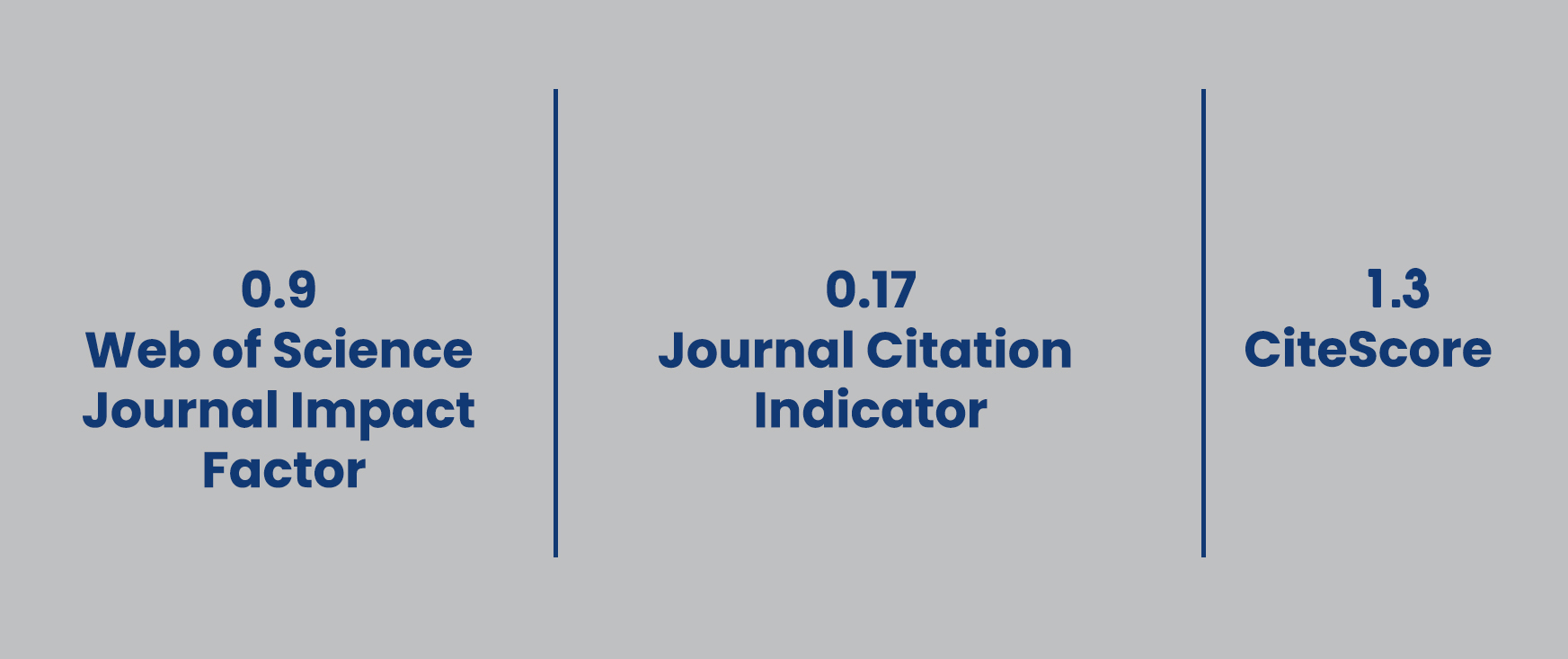

JEMS apply the Creative Commons Attribution NonCommercial 4.0 International Licence to all manuscripts to be published
Ship-Generated Waste Management in İstanbul Ports: An Analytical Methodology to Evaluate Waste Reception Performance (WRP)
Duygu Ülker1, Serap Göksu2, Ender Yalçın3, Önder Canbulat41İstanbul University, Institute of Marine Sciences and Management, Department of Marine Environment, İstanbul, Türkiye2Recep Tayyip Erdoğan University Faculty of Maritime, Department of Maritime Transportation Management Engineering, Rize, Türkiye
3Bandırma Onyedi Eylül University Faculty of Maritime, Department of Maritime Transportation and Management Engineering, Balıkesir, Türkiye
4Bursa Technical University Faculty of Maritime, Department of Maritime Business Administration, Bursa, Türkiye
Ship-generated pollutants constitute a significant portion of marine pollution, prompting the International Maritime Organization to regulate this issue. European countries have also adopted the 2000/59/EC directive on port reception facilities, and environmental performance indicators have gained prominence in European ports. This study examines two ports, Ambarlı and Haydarpaşa, located in İstanbul, Türkiye, a European Union candidate country. The research compares port size and computes their waste reception performance (WRP) indices: ship-based WRP, waste-type-based WRP, and waste-amount-based WRP. Additionally, statistical analysis with the Spearman correlation test, Kruskal-Wallis test, and Mann-Whitney U tests are applied to observe the relation between the number of ships and waste reception amounts. This study enhances ship-generated waste management using port performance indicators to mitigate pollution. The performance indices reveal that although Ambarlıs port size is larger than that of Haydarpaşa, the WRP of Haydarpaşa is significantly larger than that of Ambarlı. This difference can be attributed to the greater waste volume generated by general cargo ships compared with container ships. Given the differences between terminal types, it is evident that there is no one size fits all policy approach, and mitigation strategies need to be tailored to the characteristics of each port.
Keywords: Marine pollution, Port reception facilities, Ship-generated pollution, Waste management, MARPOLManuscript Language: English
(505 downloaded)










